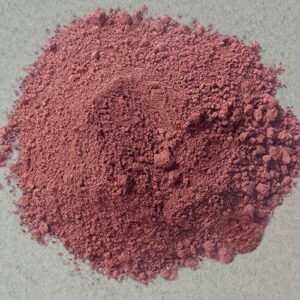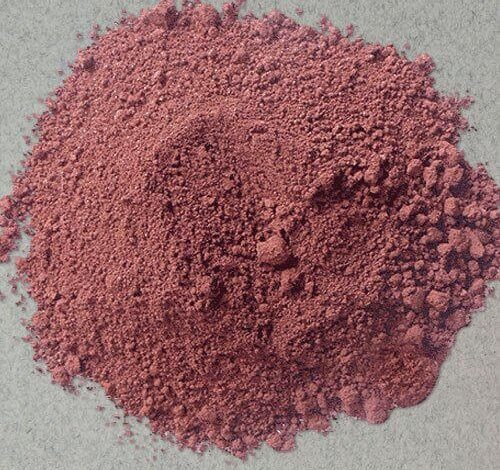Market Insights for Buyers
Hematite is one of the most valuable iron ores in the global market. With its rich iron content, vibrant reddish color, and wide industrial uses, it remains essential for steel, construction, and chemical production. The price per ton of hematite changes depending on quality, processing, and demand. Therefore, buyers and traders must understand market factors before making a purchase.

Why Hematite Remains in High Demand
Hematite continues to dominate the market because of its exceptional properties. First, it delivers up to 70% iron content, making it one of the purest natural sources of iron. Second, it improves strength in steel and concrete applications. Moreover, it serves as a pigment and even provides radiation shielding.
Key industries benefiting from hematite include:
-
Steel production – as a primary iron ore
-
Construction – for concrete, coatings, and additives
-
Oil and gas drilling – as a weighting agent in drilling muds
-
Chemical and pigment industries – for catalysts and colorants
Thanks to this versatility, hematite continues to attract strong global demand.
Factors Influencing Hematite Price per Ton
Hematite prices fluctuate because of several key elements. To begin with, iron content and purity play a major role. Higher grades cost more but also deliver superior performance. Additionally, processing level impacts value since crushed or micronized forms require extra steps.
Other important factors include:
-
Origin and logistics – transportation and shipping can raise costs
-
Global steel demand – rising steel consumption pushes prices higher
-
Energy and mining costs – fluctuations in production expenses affect final pricing
By monitoring these factors, buyers can make more informed decisions.
Different Qualities of Hematite and Their Price Ranges
1. Raw Hematite Ore
Raw ore is supplied with minimal processing. It works well for bulk steelmaking and basic construction.
Estimated Price per Ton: $90 – $160, depending on iron content.
2. Crushed Hematite
Crushed hematite is separated into particle sizes. It performs better in drilling muds and chemical applications.
Estimated Price per Ton: $130 – $220, depending on mesh size.
3. Micronized Hematite
Micronized hematite is ground into fine powder. It is widely used in pigments, paints, and radiation shielding.
Estimated Price per Ton: $220 – $400, depending on fineness.
4. High-Purity Specialty Hematite
This grade is refined for sensitive industries like catalysts and advanced coatings. As a result, it commands higher pricing.
Estimated Price per Ton: $400 – $700, depending on specifications.
How to Choose the Right Hematite for Your Business
When selecting hematite, buyers should always consider:
-
End-use application – steelmaking, drilling, or pigments
-
Quality and grade – higher purity equals better performance
-
Budget and value – balance price with efficiency
-
Supplier reliability – consistent supply ensures stable production
By following these steps, businesses reduce risks and control long-term costs.
Commercial Benefits of Investing in Hematite
Using hematite provides several commercial advantages:
-
High availability – consistent supply from global mining regions
-
Strong performance – superior iron content and versatility
-
Competitive costs – good balance of price and efficiency
-
Growing demand – steel and construction industries keep markets strong

